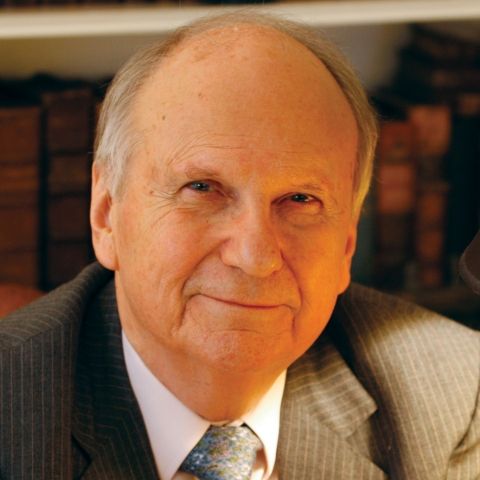
In the 1980s, Hungary, like its neighbors in the communist world, was not a liberal democracy. Nor did it practice constitutionalism or the rule of law as we understand those precepts in the West. So I was intrigued when, in 1988, I had a call from the U.S. State Department asking if I would meet with a team of constitutional drafters from Hungary.
I hosted the delegation for two days of conversations about what goes into making a constitution in a liberal democracy. I was then invited to Budapest that summer for further conversations. The communist government was still in power. Even so, I could sense that the authorities, mulling developments (such as the rise of Solidarity in Poland) in the region, sensed that change was coming and hoped to ride it out.